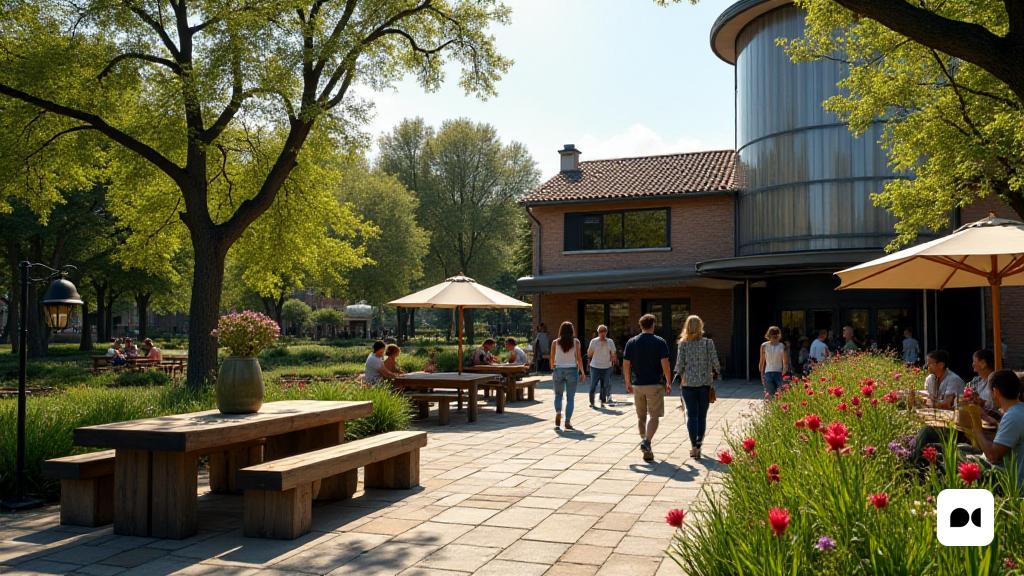The road to the driver’s license
Obtaining a driver’s license is a dream for many young people, especially for Catalans who want to avoid the long waits and bureaucracy that surrounds the DGT exams. In a scenario where the independence of mobility is increasingly valued, applicants are looking for alternatives to avoid endless waiting lists.
A decision that changes course
Mimi, a young woman from Barcelona, decided to move to Asturias to take the driving test, motivated by dissatisfaction with the waiting times in her region. This decision, taken by several young people with the aim of speeding up the process, triggered an unexpected situation.
The strange visit of the Civil Guard
After completing the exam, Mimi noticed that the examiner showed excessive interest in her ID. The surprise came when, on leaving the classroom, a Civil Guard officer approached her, showing her her badge and taking her to a separate room to ask her questions about her decision to come forward in Asturias.
An unexpected interrogation
The officer questioned her about her background and the reasons that had led her to choose a different community for the exam. Mimi, despite feeling intimidated by the situation, defended her choice, mentioning the saturation of DGT services in Catalonia and its connection with Asturias.
Reactions on social networks
Mimi’s experience did not go unnoticed on social networks, especially on TikTok, where she shared her experience, generating an intense debate among users. While some defended the need for controls to prevent fraud, others considered that the Civil Guard’s reaction was excessive.
A debate about security and bureaucracy
The authorities have established protocols to prevent driving test fraud, which justifies their interest in candidates from other communities. This situation, however, opens the door to reflection on the need for a more efficient system that allows more fluid management of exams.
The need for reforms in the DGT
Mimi’s incident, despite having no legal consequences, highlights the urgency of reviewing and improving the DGT’s processes. The current situation not only affects the mobility of young people, but also creates a climate of frustration that could affect their trust in institutions.

